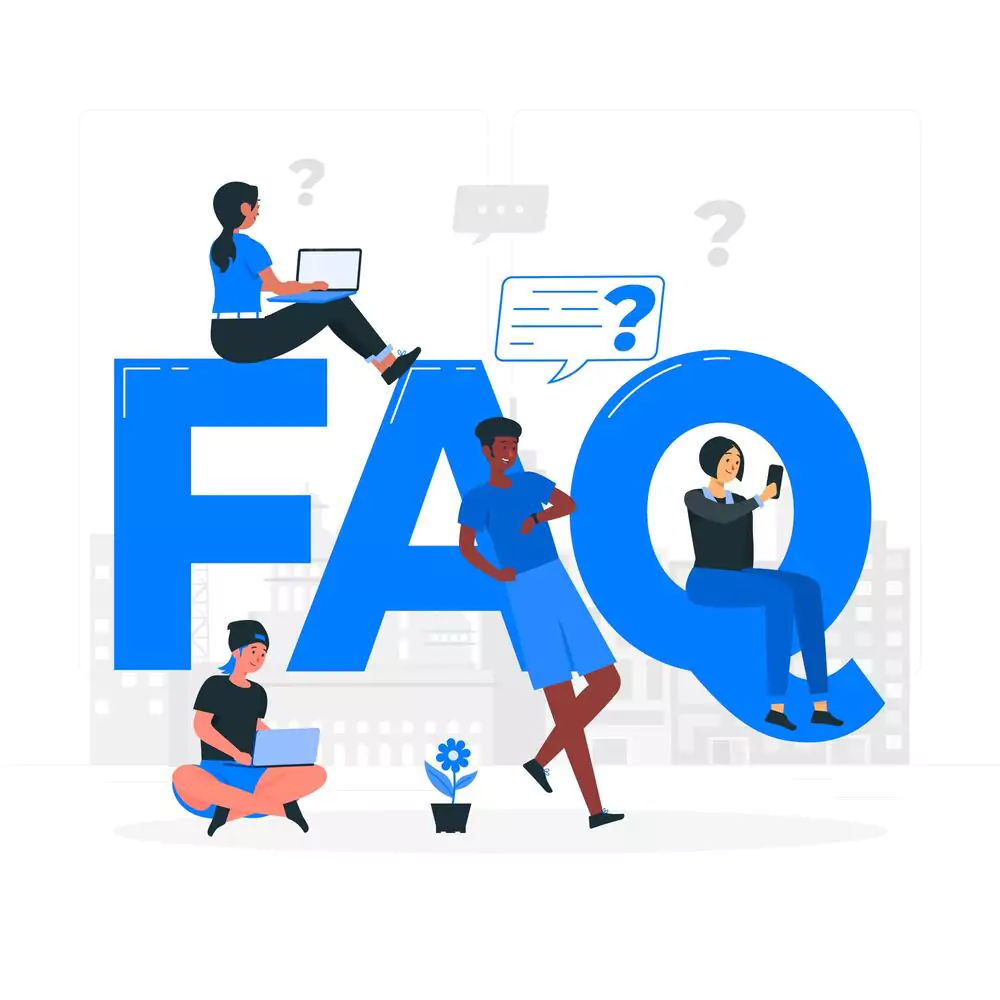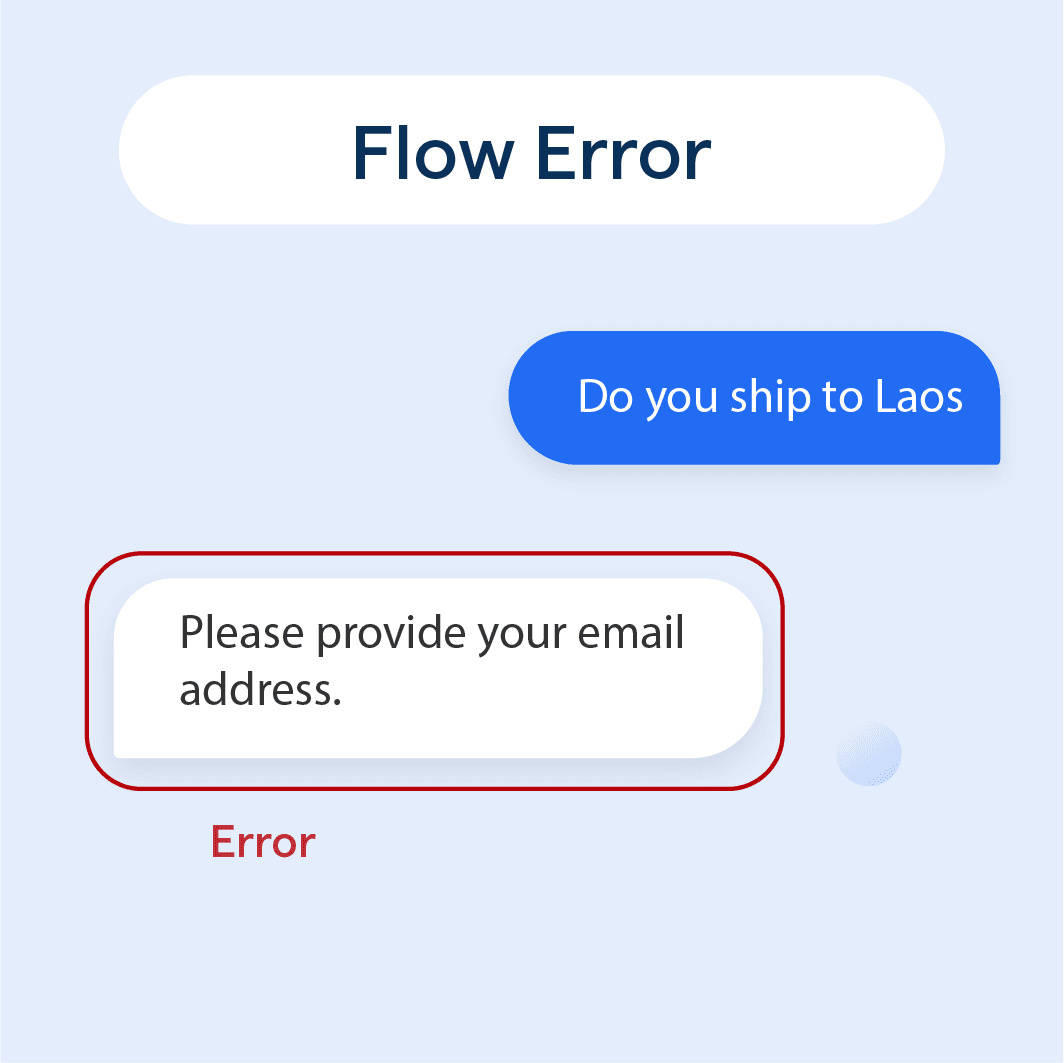What is a Flow Error?
A flow error refers to a problem that occurs when the logical flow of a program is interrupted or behaves unexpectedly. This can happen when the code branches or loops incorrectly, causing the execution to follow an unintended path.
Flow errors are often caused by problems like infinite loops, premature program termination, or executing code blocks out of sequence.
They can also result from faulty logic when checking conditions, updating state improperly, or failing to direct code execution correctly.
Unlike syntax errors, flow errors allow the program to run without crashing, but produce incorrect results.
Debugging flow errors requires tracing the actual program flow to find discrepancies from the intended logical flow. Addressing flow errors involves refining conditional logic, fixing loop conditions, and updating state variables correctly.
What Causes Flow Errors?
Flow Errors can be caused by a variety of factors. Here’s a detailed look:
Understanding Flow Errors in Programming
Flow errors in programming occur when the program's control flow isn't as intended, leading to undesired results or behaviors.
Incorrect Logic Implementation
Implementing logic incorrectly can lead to flow errors. If the conditions and loops aren't coded correctly, it can break the intended control flow, causing the program to malfunction.
Handling Exceptions Improperly
Inadequate or absent exception handling can lead to disruption in the program flow. It's essential to plan for and code exceptions properly to ensure smooth execution of programs.
Faulty Function or Method Calls
Improper calls to functions or methods can disrupt the control flow. This includes wrong parameters, or calling functions or methods that don't exist.
Mismanagement of Resources
Inefficient use or mismanagement of resources such as memory and processors can result in flow errors. Developers need to manage resources effectively to ensure optimal program operation.
Understanding the Types of Flow Errors
There are various types of errors that we'll cover in this section.
Syntax Errors
Syntax errors arise when the code's structure or grammar deviates from the programming language rules, disrupting the intended control flow and preventing the program from compiling or running.
Runtime Errors
Runtime errors manifest during program execution and lead to unexpected termination. These can result from improper resource management, data type mismatches, or invalid user inputs.
Logic Errors
Logic errors happen when the control flow is technically correct, but the program runs in an unintended manner due to flawed code logic. This can cause incorrect outputs or application behaviors.
Configuration Errors
Configuration errors stem from incorrect settings within the program or its environment, impacting the control flow and causing unexpected results.
Concurrency Errors
Concurrency errors occur when multiple threads or processes access shared resources during program execution, leading to synchronization problems and altered control flow.
How to Identify Flow Errors?
Now that we've covered the different types of Flow Errors, it's time to talk about how to identify them. There are a few different methods you can use to do this:
Tracking Unexpected Outputs
Alerts for flow errors typically manifest as unexpected results or system behaviors. Carefully track all outputs and compare them against the expected results to identify inconsistencies.
Regular Debugging
Debugging the code regularly and in different scenarios helps trace the path of execution and examine variables. This process allows the detection of flow errors by pinpointing exact code lines causing trouble.
Leveraging Error Messages
Pay attention to error messages produced while compiling and running the code. These often provide valuable clues about the types and locations of errors within your code, guiding your troubleshooting efforts.
Running Unit Tests
Creating and running unit tests for individual code components validates their correct operation. Any discrepancies during these tests could be indicative of flow errors.
Observing System Performance
Unexpected system hitches, like spikes in memory usage or processor load, indicate potential flow errors. Keeping an eye on system performance during code execution can help identify anomalies associated with such errors.
How to Fix Flow Errors?
Once you've identified the type and cause of the Flow Error, it's time to fix it. Here are some steps you can take to resolve Flow Errors:
Use a Debugger
A debugger allows you to step through code execution line-by-line to identify where the actual flow diverges from the expected.
Add Logging Statements
Log key variables to output or a debugging console at different points in the code to understand the sequence of execution.
Refactor Complex Logic
Break nested conditionals and convoluted logic blocks into smaller, more manageable pieces that are easier to debug.
Validate Assumptions
Examine assumptions about state, sequences, and control flow - identify gaps between assumptions and reality.
Start from a Known Good State
Completely reset all state variables and restart execution from a known good starting point.
How to Prevent Flow Errors?
Preventing Flow Errors is crucial for avoiding problems down the line. Here are some steps you can take to prevent Flow Errors:
Add Defensive Checks
Include validity checks and guards against edge cases that could lead to unexpected program flow.
Use Static Analysis
Tools like linters and type checkers can identify some flow issues before runtime.
Write Tests
Unit and integration tests validate both happy paths and edge cases.
Modularize Code
Break code into smaller testable units that encapsulate specific functionality.
Document Flows
Diagrams and written descriptions of flow make logic explicit and reviewable.
Frequently Asked Questions (FAQs)

What causes infinite loops?
Infinite loops happen when the loop's stop condition is never reached, often because the control variables aren't updated properly inside the loop body.
Why am I getting unintended output?
Unintended output can occur when conditional statements or branching logic incorrectly direct the execution flow, causing the wrong code blocks to run.
What's a null pointer exception and how can I fix it?
A null pointer exception means you tried to use an object that hasn't been initialized yet. Fix this by checking for null values before usage or ensuring variables are assigned objects.
What are some common control flow statements and how do they work?
Control flow statements like if/else and loops (for, while) execute code blocks conditionally based on program state. They control order of execution.
What techniques can I use to debug flow errors in my code?
Use print debugging, step through code with a debugger, add assertions and validation checks, simplify complex logic, and comprehensively unit test code.

